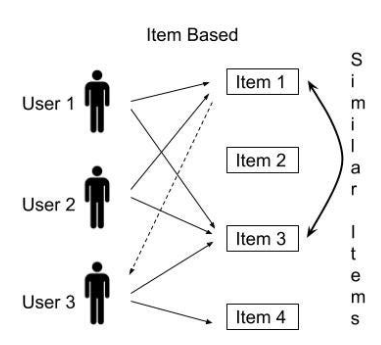A recommender system is a type of information-filtering system that offers suggestions that would be relevant to the user. This helps narrow down options for the user by filtering out unnecessary information, thus leading to a more personalised and enhanced user experience.
This project proposes a course recommender engine, which is a software tool designed to assist students in finding suitable courses, based on their interests, goals, and academic backgrounds. There are multiple sources that the recommender engine could use, such as a student’s academic records (including their grades, transcripts, and/or course history) and their personal preferences (such as their career aspirations, learning style, and extracurricular activities). Using this information, the engine would generate personalised recommendations for courses, matching the student’s profile and goals.
The project utilised a sample dataset from Coursera, which is a massive open online course (MOOC) provider. This dataset offered a list of different courses containing ratings by individuals who had already completed the course. Hence, this information provided the necessary data to enable the engine to generate recommendations.
In addition, the proposed course recommender engine used a machine learning (ML) technique to analyse a number of course ratings provided by other users to recommend similar courses to the user based on his/her interests and, thus, as effectively as possible. This specific technique is called item-based collaborative filtering and is outlined in Figure 1. It is an algorithm that could identify patterns and correlations in the data, allowing the engine to make accurate predictions about which courses would be most likely to be relevant and useful for each student.
A course recommender engine offers a number of benefits. In the case of students, the engine could help identify courses that would match their interests and goals, leading to a more engaging and fulfilling learning experience. It could also help them discover new subjects or fields of study that they may not have considered otherwise. In the case of universities and educational institutions, the engine could improve student retention rates and increase student satisfaction by ensuring that students would enrol in courses that would match their needs and abilities.
In essence, a course recommender engine is a powerful tool that could support students in navigating the complex and ever-changing landscape of higher education. By providing personalised recommendations for courses, the engine could help students achieve their academic and career goals, and ultimately lead to a more successful and fulfilling future.

Figure 1. Item-based collaborative filtering
Student: Luke Chen
Supervisor : Dr Conrad Attard
